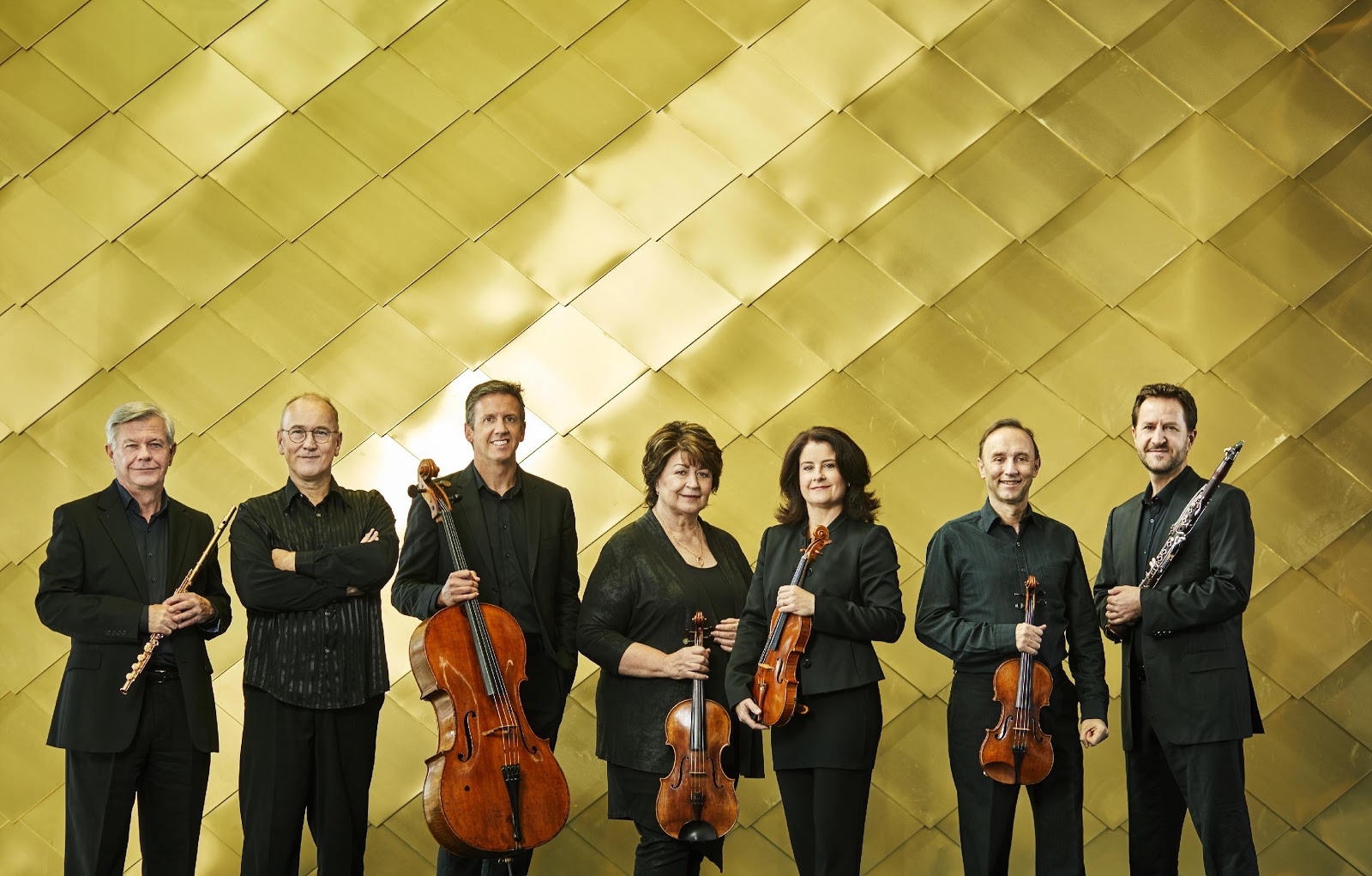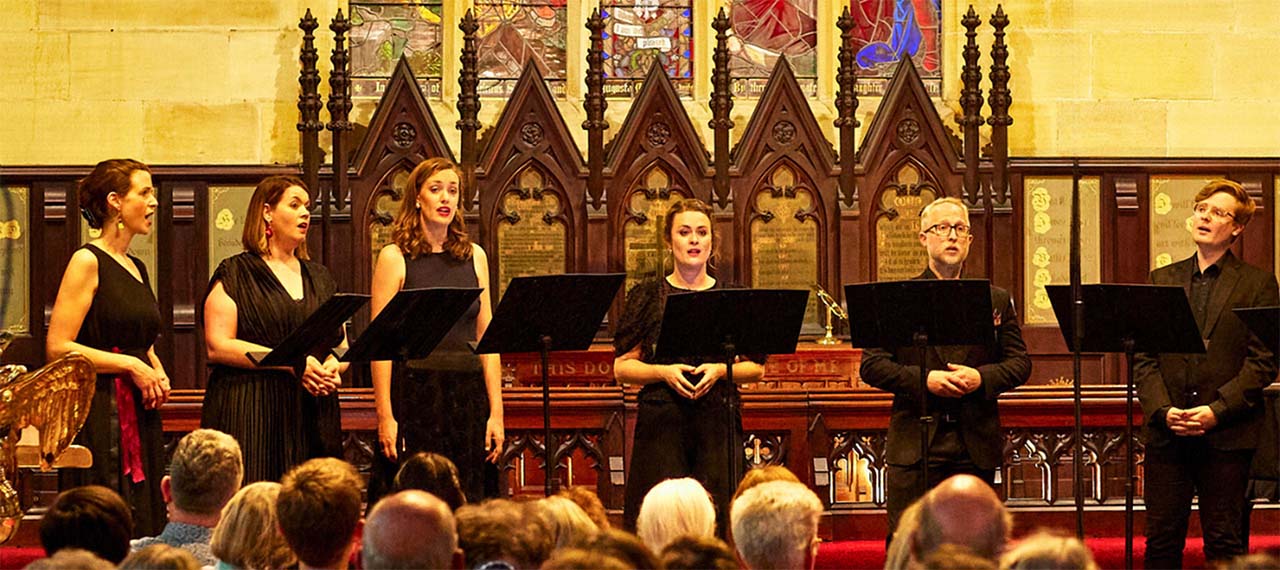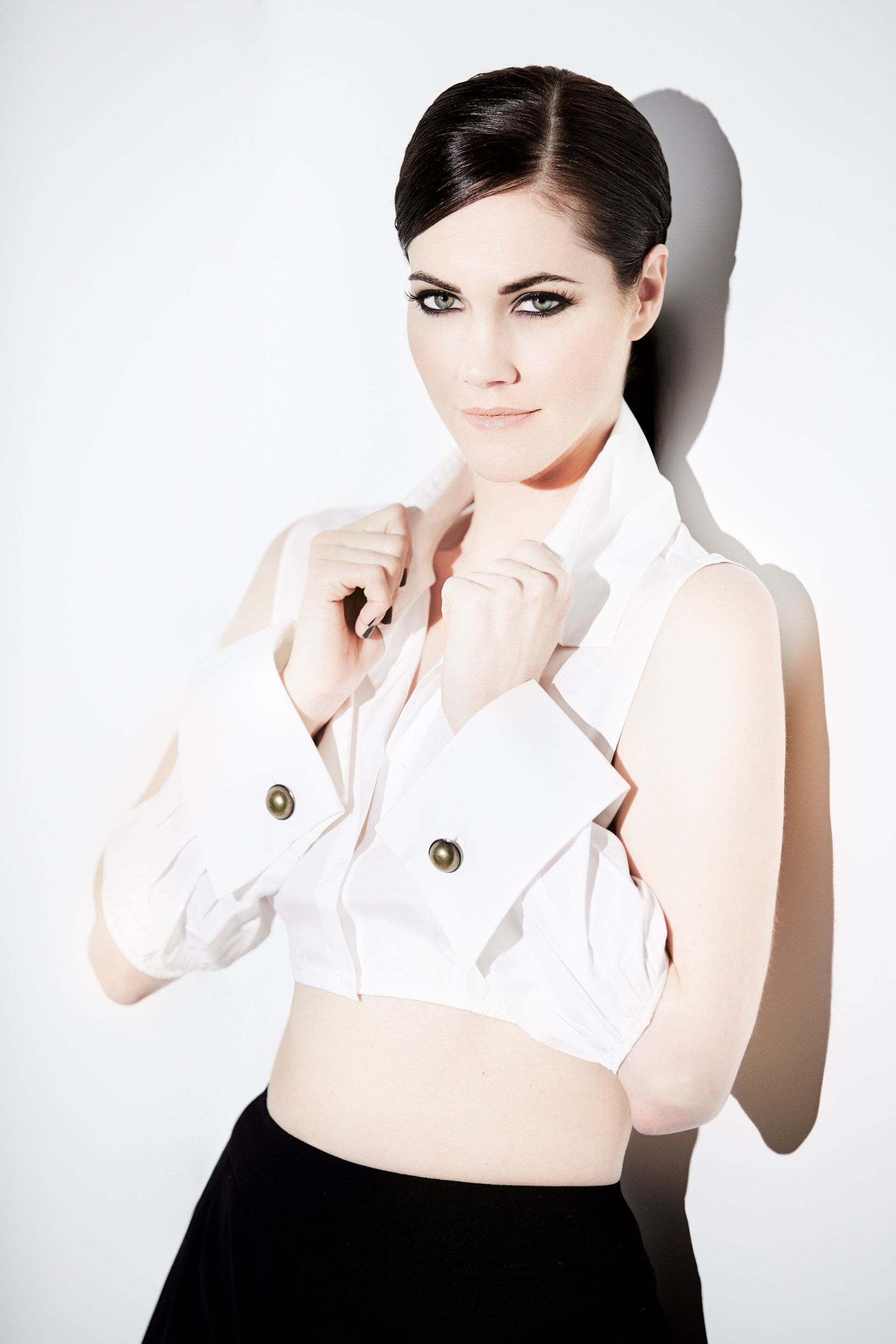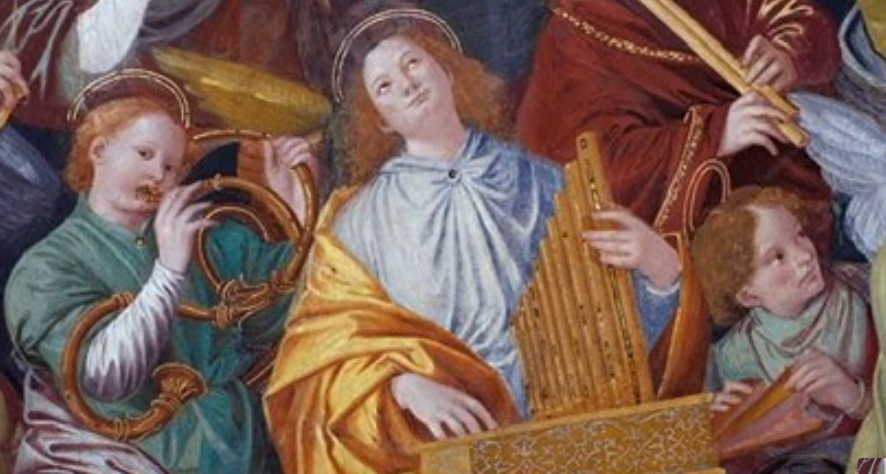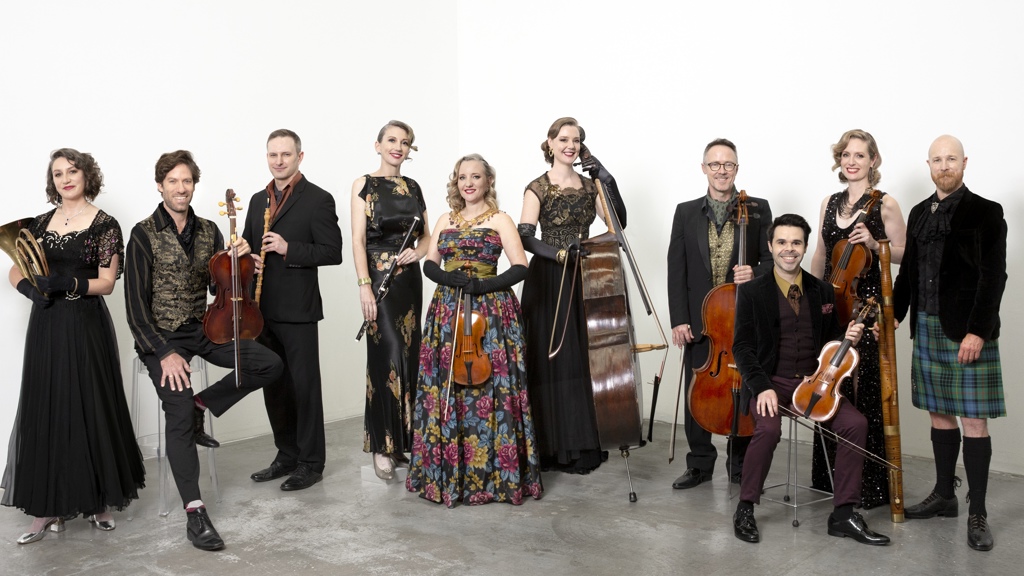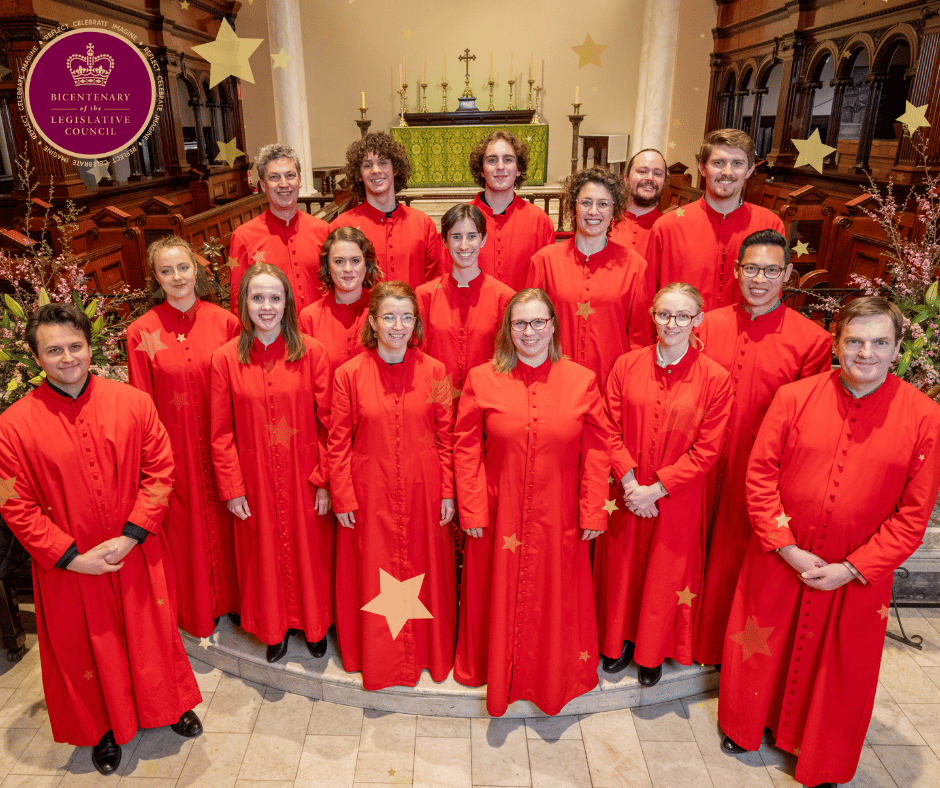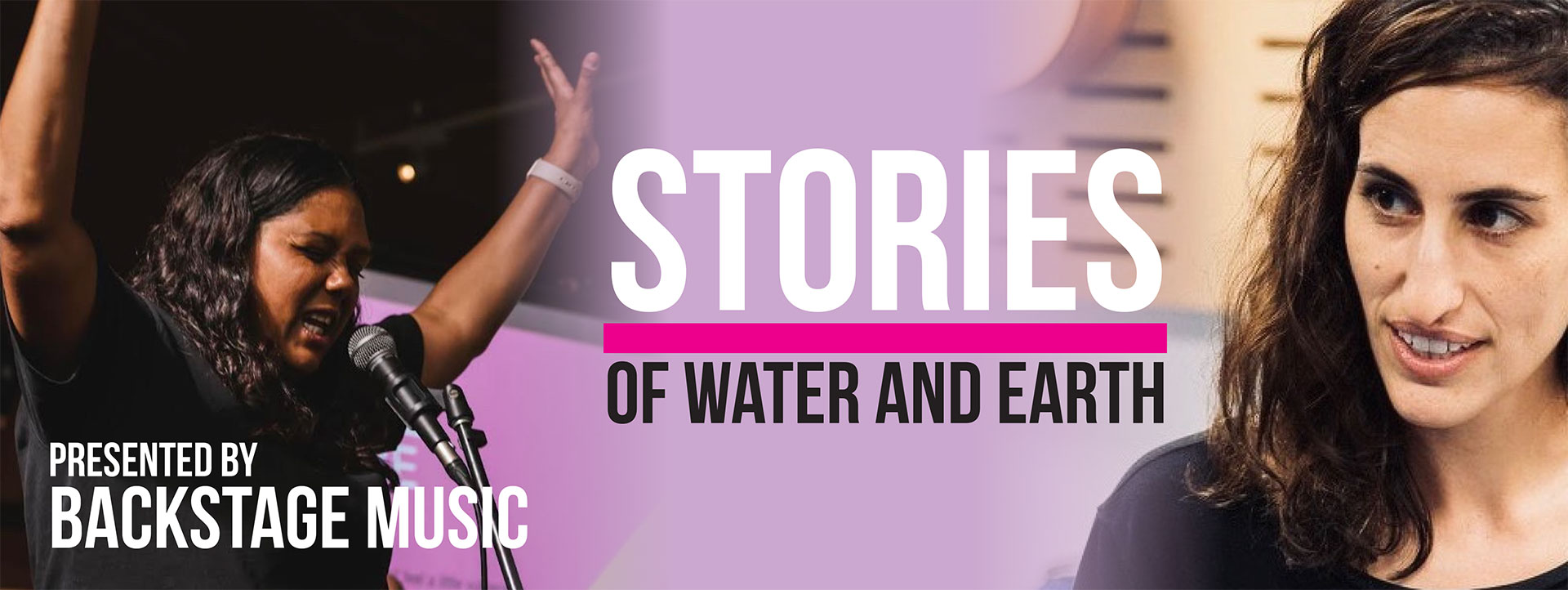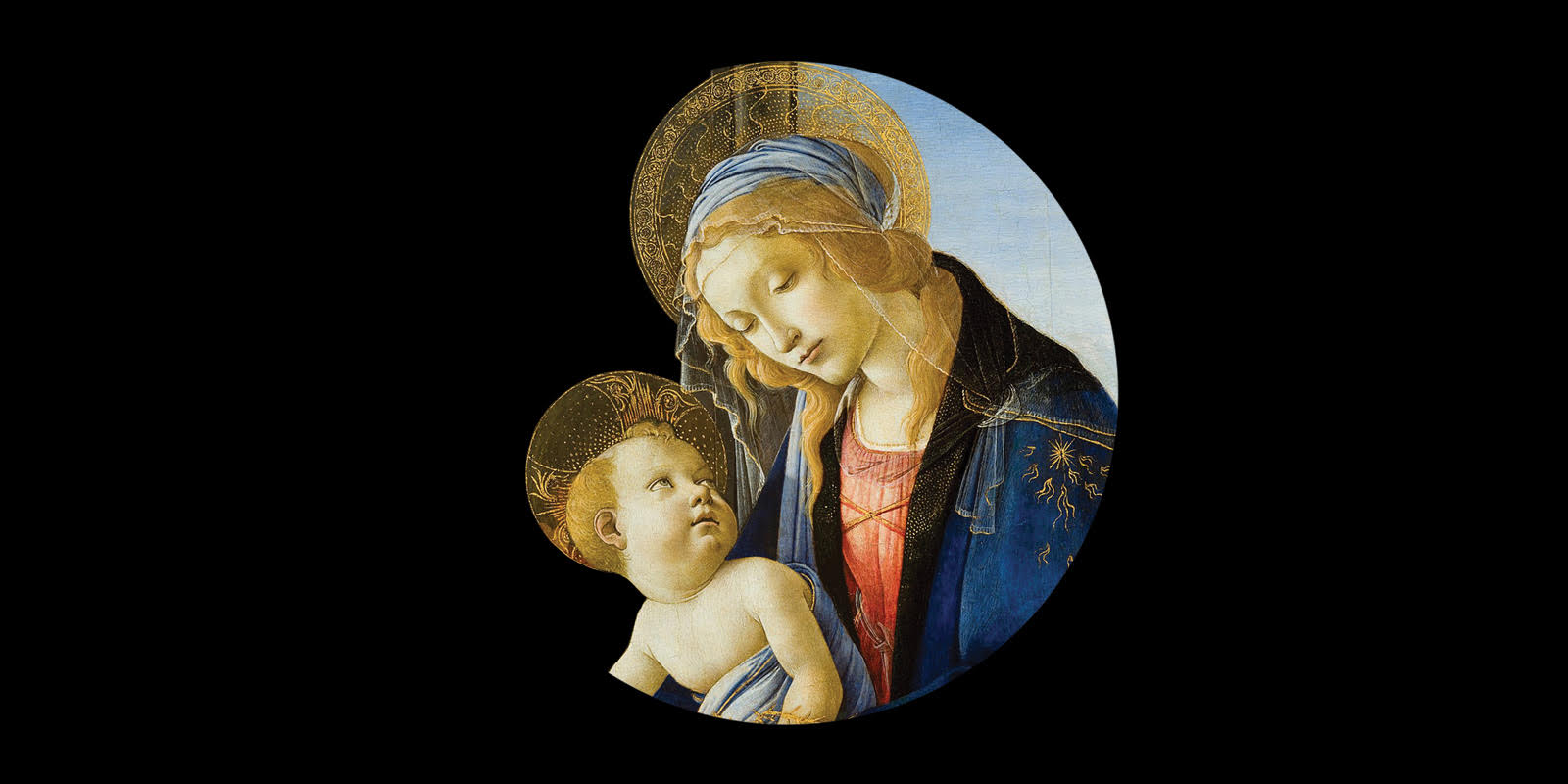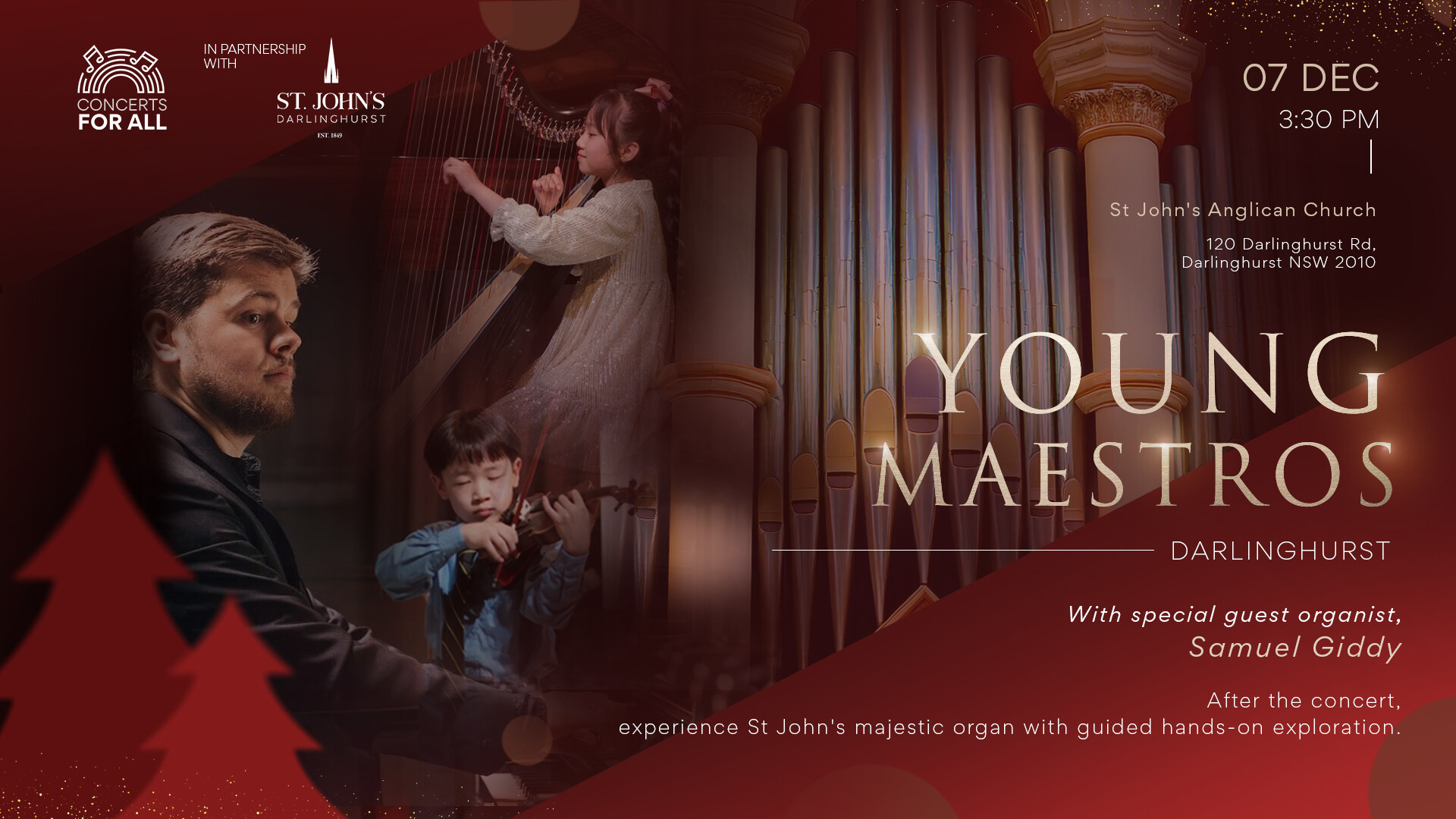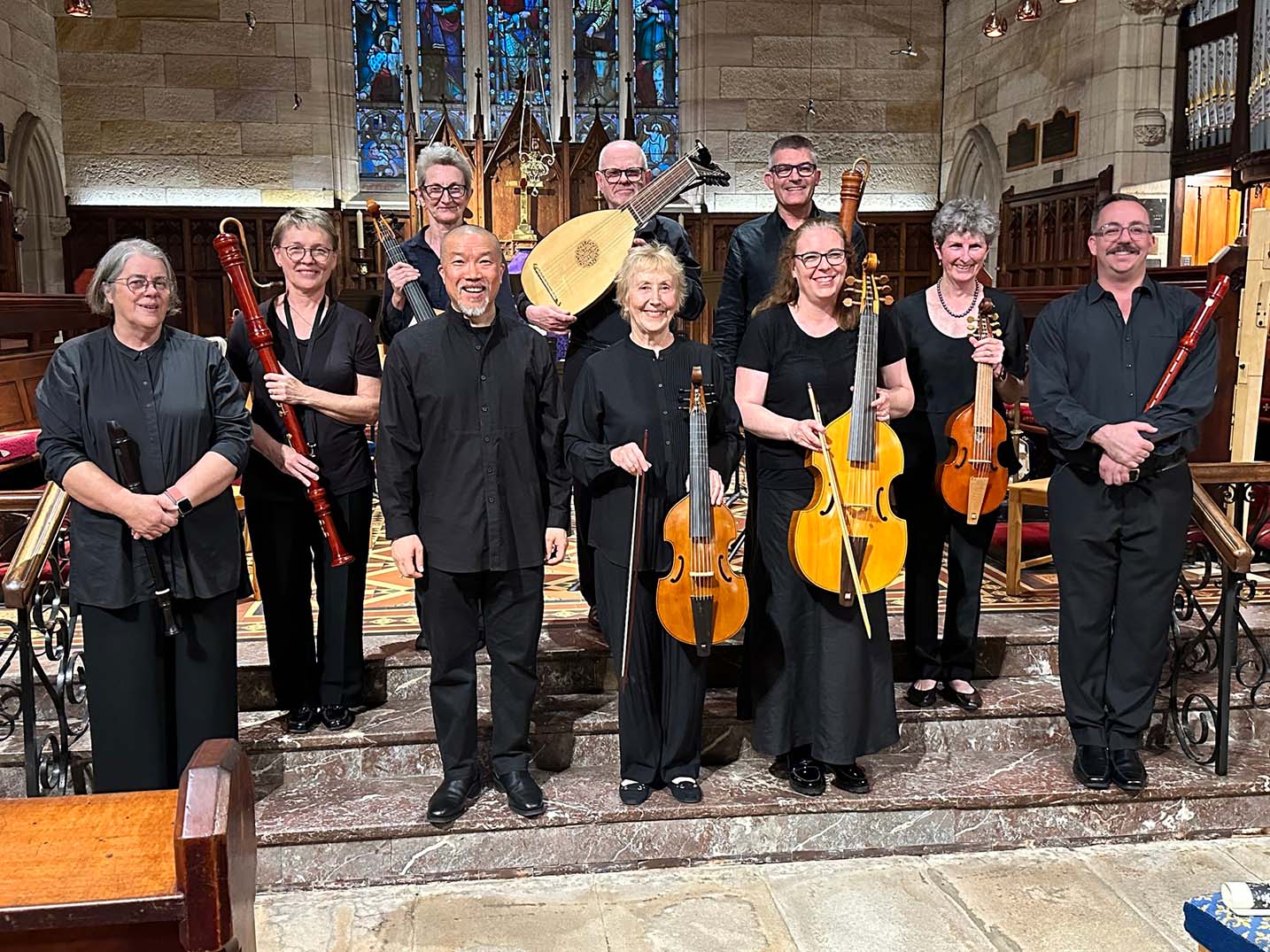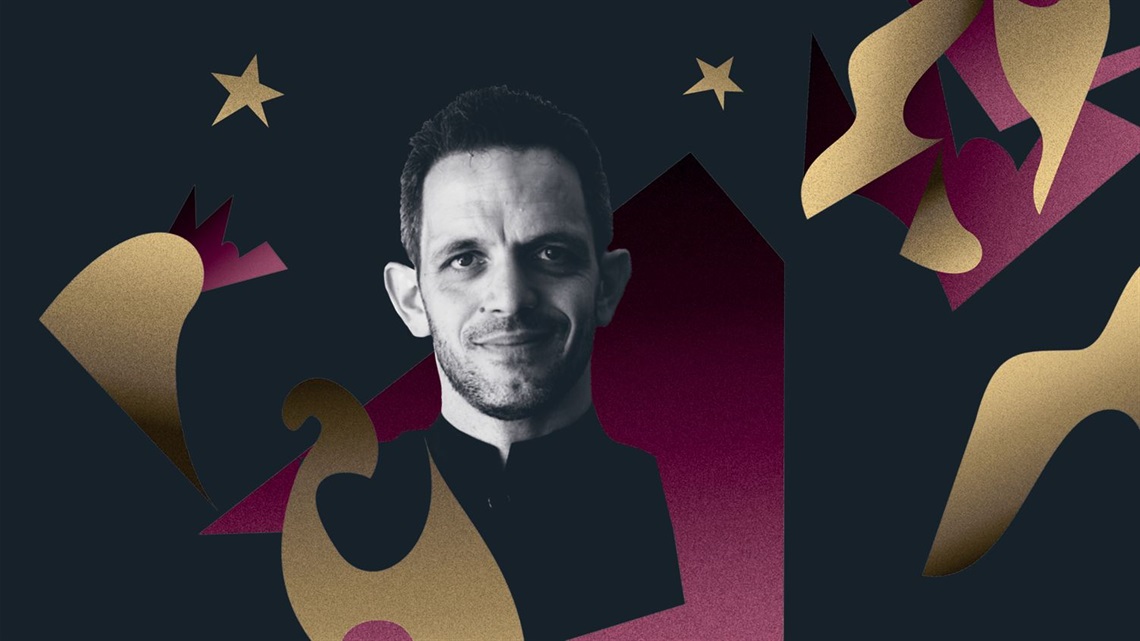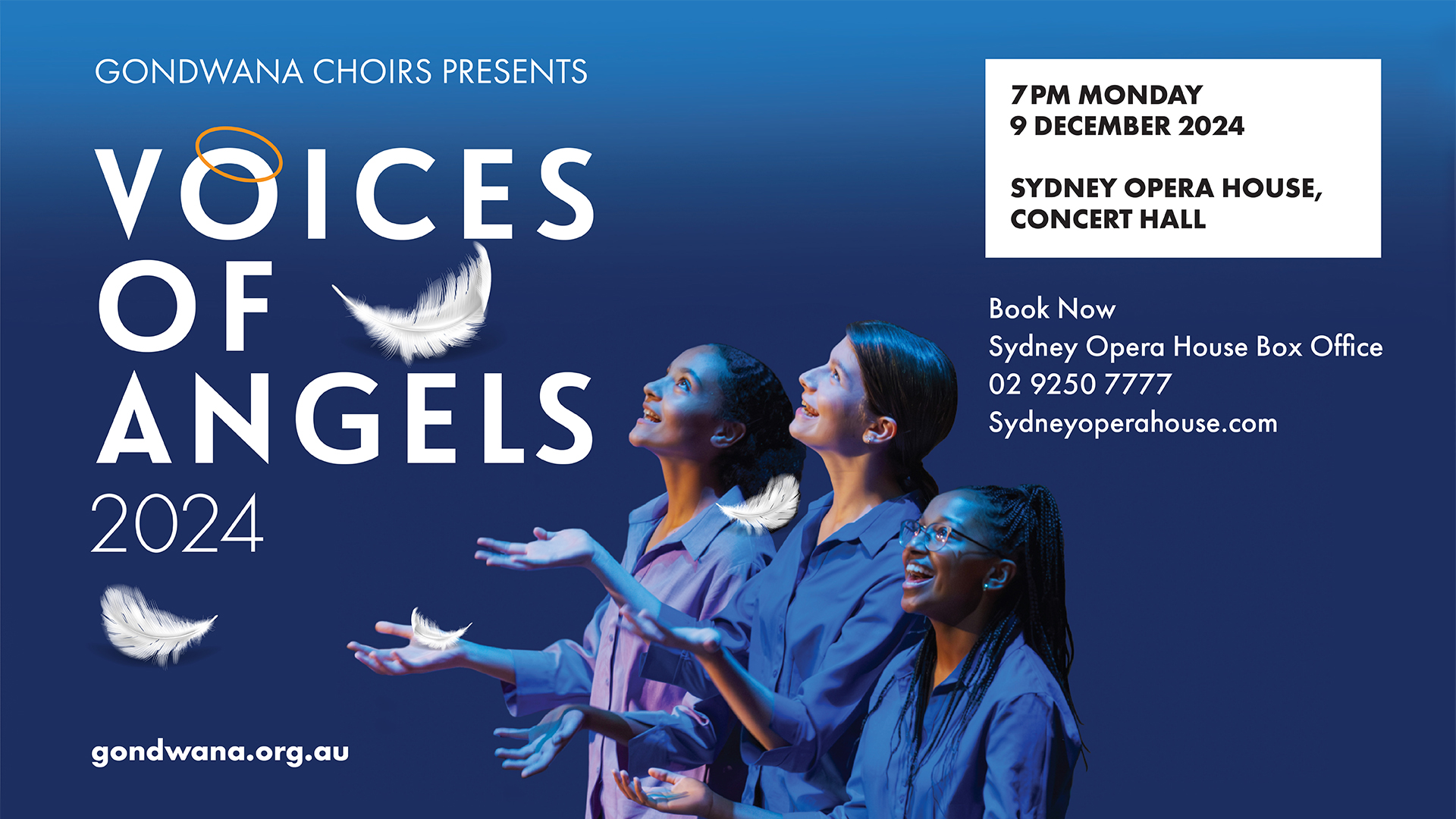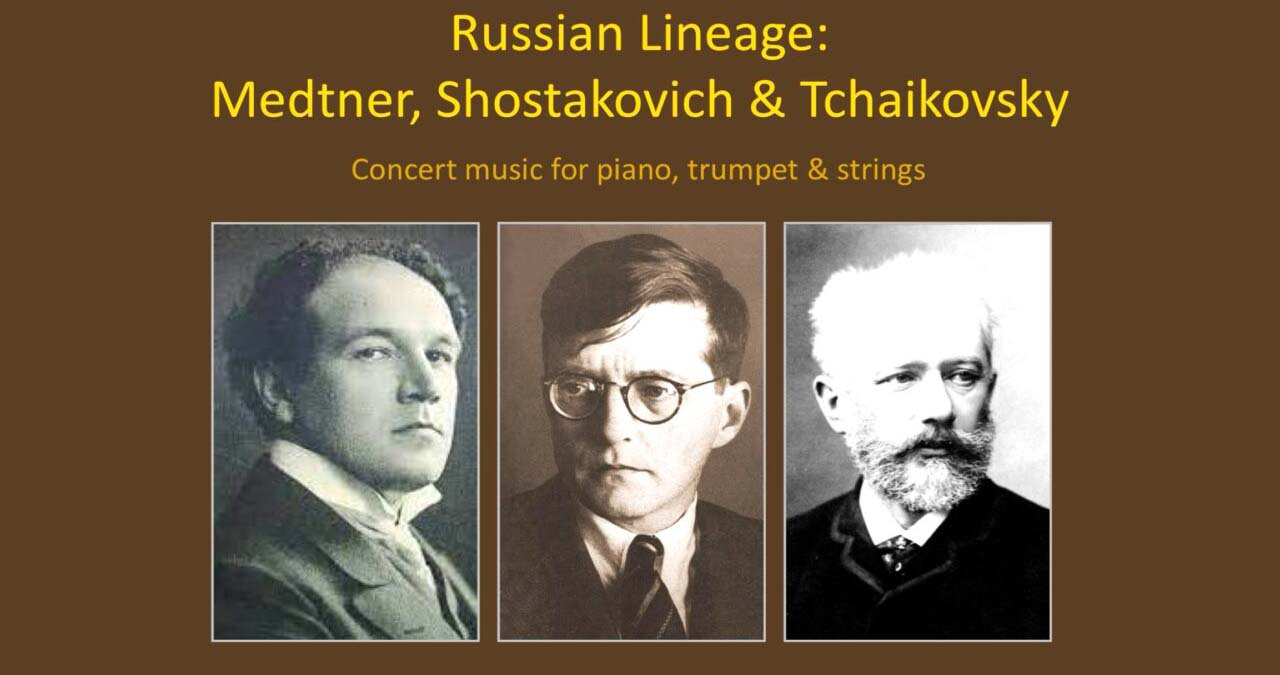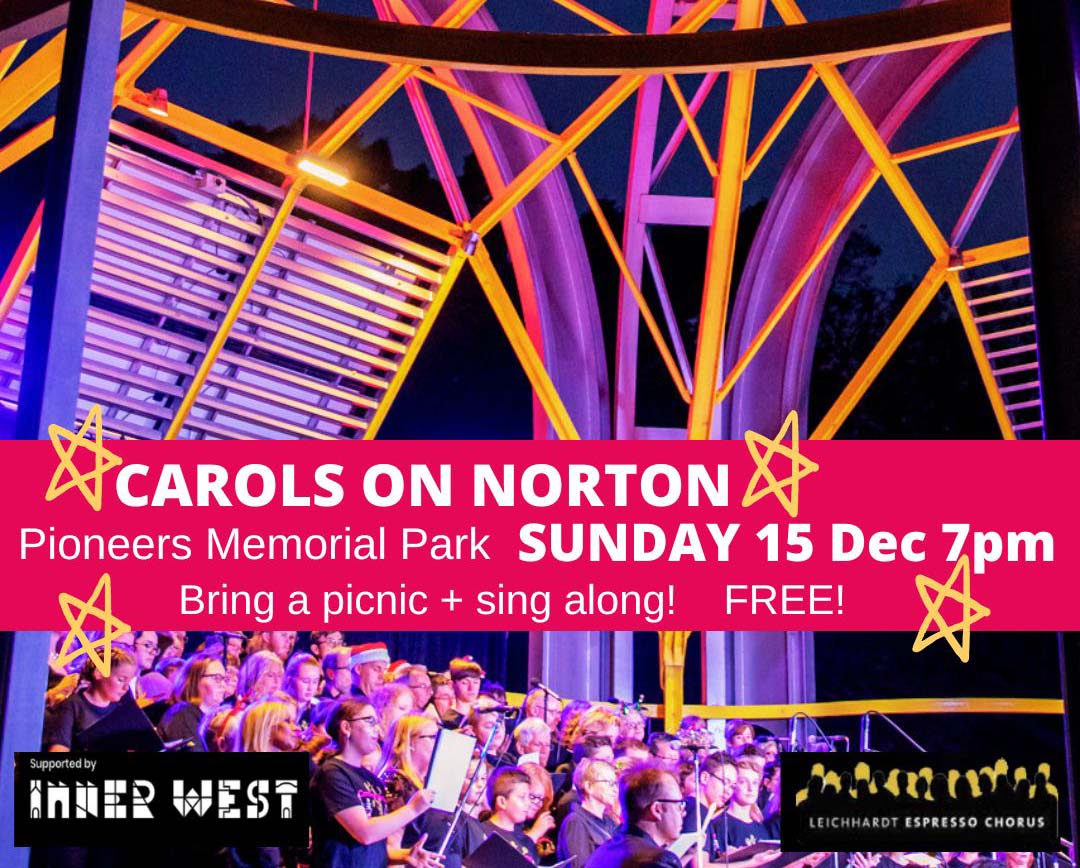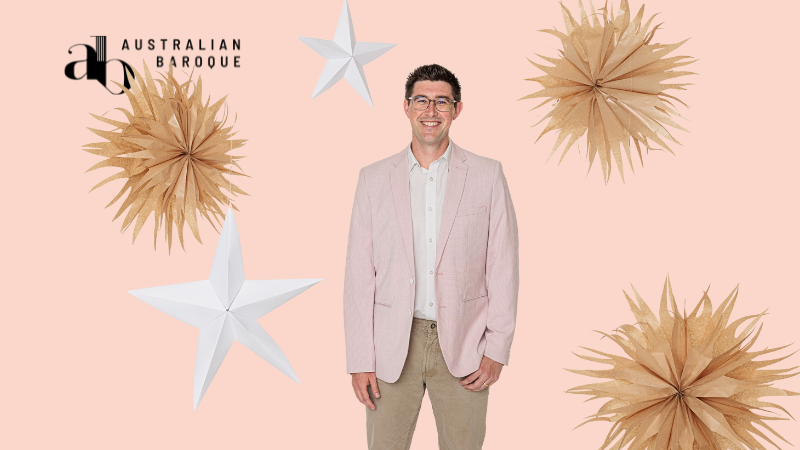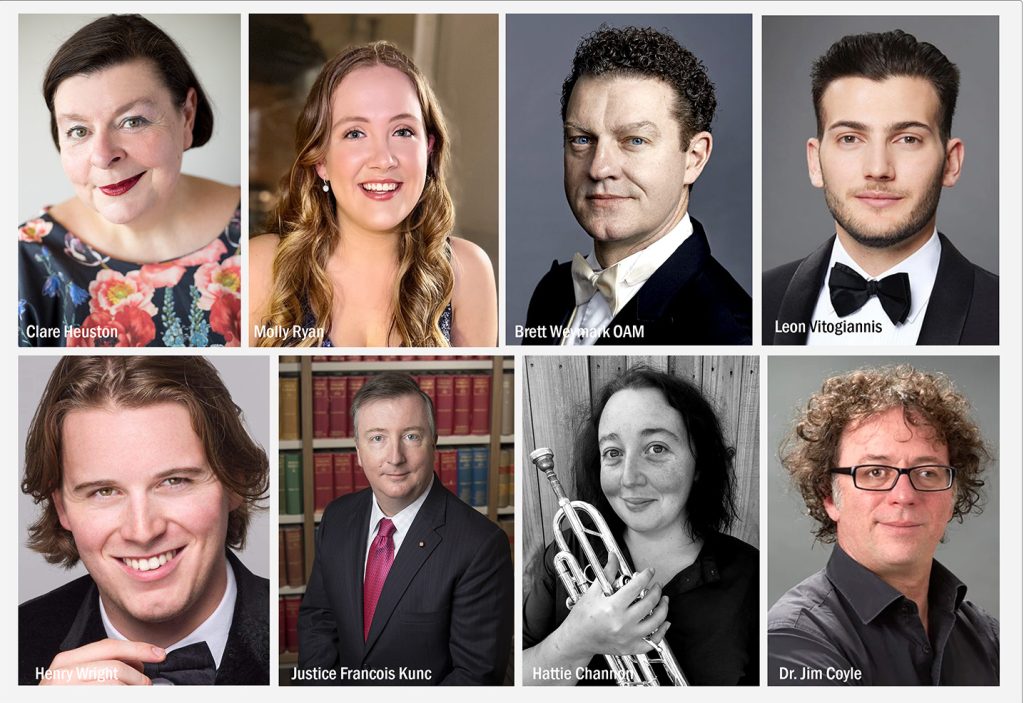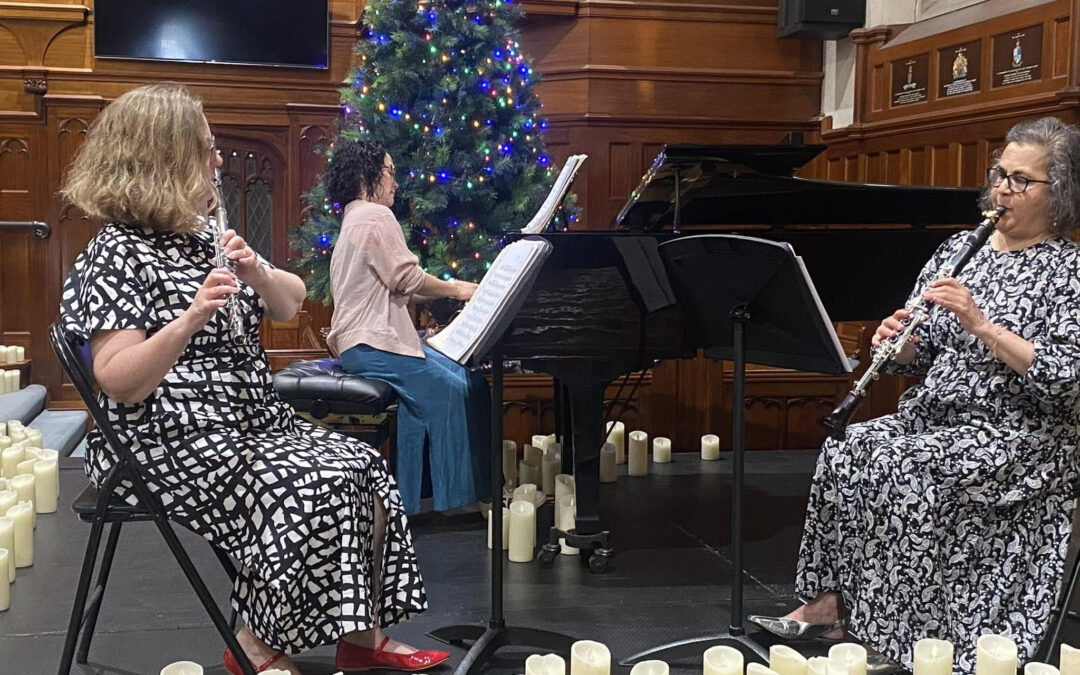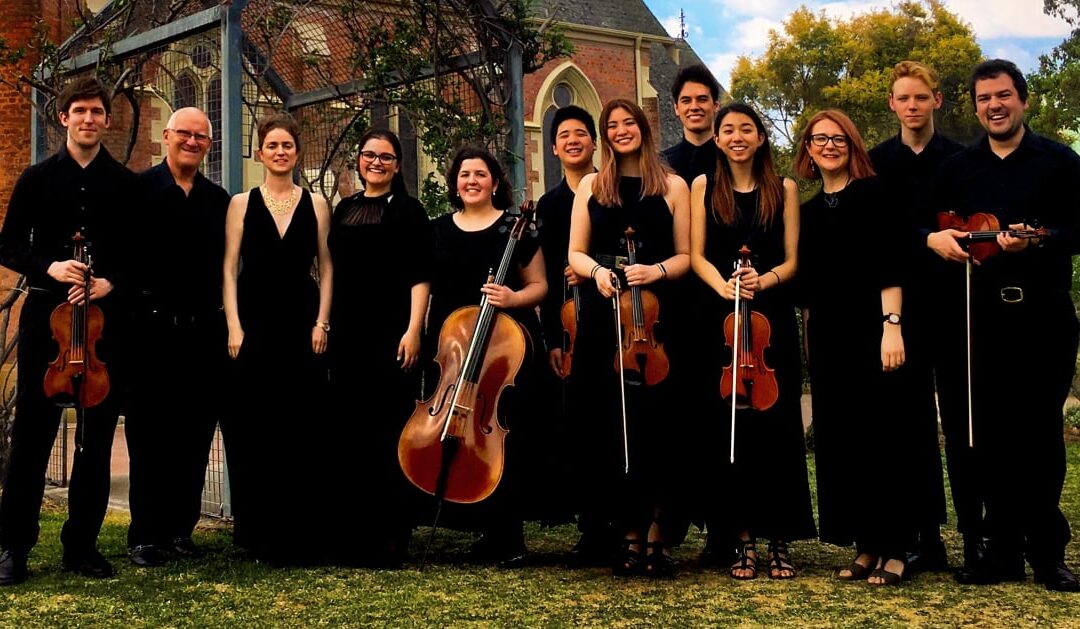Australia Ensemble | On Song
15 April 2023, Sir John Clancy Auditorium, University of NSW
The Australia Ensemble, based at UNSW, has been providing Sydney audiences with impressive quality subscription series in the Sir John Clancy Auditorium since 1980. This must make them one of Australia’s most enduring chamber ensembles. The core instruments are string quartet, flute, clarinet and piano, but they often have guest artist with them for particular performances. For this “On Song” concert, they were joined by the warm and refined tenor voice of Andrew Goodwin, who is well known for his outstanding lieder recitals and operatic appearances.
The unifying theme of this Australia Ensemble concert was to present chamber music associated with song.
Two of the works were instrumental only, but based on songs presented by Goodwin and Ian Munro on piano as introductions to the larger works.
Wenzel Müller‘s song Ich bin der Schneider Kakadu is a bit of comic fluff from his operetta Die Schwestern von Prag, which became popular in 1794. Its inclusion in this program is probably not for any enduring musical value, but because it is the theme Beethoven used for his Kakadu Variations for Piano Trio in G major. “Kakadu” by the way, is the German word for “Cockatoo”; nothing to do with antipodean reservations. The motivation for using this song was probably economic, because the tune was very popular in Vienna in the day. Beethoven finished the work after his devastating Heiligenstadt Testament (1802), the pivotal point in his career where he admits to his brothers that his deafness will continue to get worse and become total. The musical tone of his compositions of this time is understandably dark, which makes this set of variations, based on a comic tune, somewhat anachronistic. Perhaps the jaunty theme and earlier variations, decidedly in the major key, were written earlier. Beethoven completed the work later by adding the much darker Introduction, later minor key variations and coda. The work is scored for piano, violin (Dimity Hall) and cello (Julian Smiles). The ensemble playing was astounding, a depth achieved by musical intimacy born of having played together for decades.
Paul Stanhope, who is the Artistic Chair of the ensemble, wrote Out of Darkness: Dawn, loosely based on John Dowland‘s song In Darkness Let me Dwell (1610). Unlike the Beethoven, Stanhope’s choice of song is entirely musical; the Dowland song, although beautiful, is hardly well know. The despondent song, with sorrowfully falling phrases and unexpected shifts of harmony and rhythm, was elegantly sung by Goodwin.
The Stanhope work for tenor, piano, flute (Geoffrey Collins) and clarinet was commissioned in 2021 for Ensemble Liaison in which David Griffiths is also clarinetist. Snippets rather than long quotes of Dowland’s song are found, but rather than languishing phrases, there is much rhythmic energy and fun, such as the klezmer like ascending portamenti. The dialogue between clarinet and cello sometimes flows over into argument; tempestuous rather than mournful. As the title suggests, and in contrast to the unrelenting torment of the Dowland, Stanhope’s piece emerges using increasingly consonant harmonies and even unisons into a redemptive dawn.
In the following works the voice and instruments perform together.
Maurice Ravel wrote the piano accompaniments for the 5 Greek folk songs from the island of Chios, his Cinq melodies populaires grecques (1904-6), in just 36 hours. Carl Vine (2002) added flute and clarinet parts to fill out the textures. Ravel (and Vine) compose to the evoked emotions rather than mere accompaniments as in the ecstatic feeling in Chanson de la mariée (Song of the bride), the lyrical and languid Chanson des cueilleuses (Son of the harvesting women) and the final very brief Tout Gai! (So merry!). Both the work and performance were of captivating beauty.
The program notes were excellent, providing an in-depth background, but lacked full translations of the French and German texts, which would have added to the appreciation of these works. And, while Goodwin’s diction was excellent, texts of the English works would have been useful too.
Vaughan Williams‘ song cycle On Wenlock Edge (1909) is scored for tenor, string quartet and piano, with Dene Olding on first violin joining the previously mentioned artists. For this work Vaughan Williams selected 6 poems from a collection by A.E. Housman called A Shropshire Lad. While the subject may be love and life in general, the landscape is always important in Vaughan Williams music, and the modal influences of folksongs are more present here than the I-IV-V-I harmonies of classical and romantic music. One can almost smell the great English rural outdoors. Especially evocative were first the cheerful and then the funeral bells in Brendon Hill. Goodwin brought out the rustic joie de vivre with his infectious commitment, matched by the warmth of the instruments.
It was a privilege to hear this rarely played music and so wonderfully performed.

